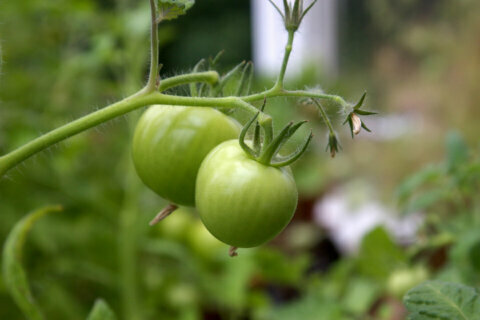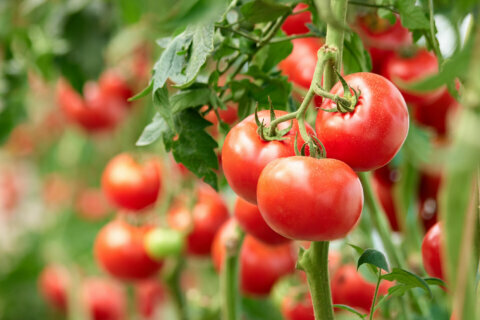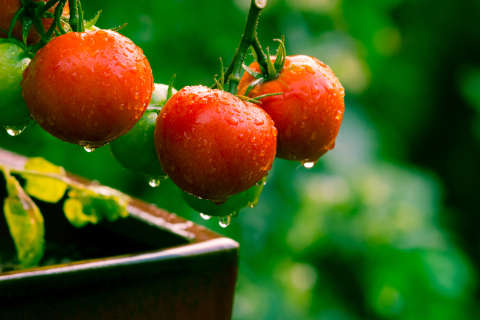Are you enjoying this endless summer? Well, so are area mosquitoes.
Experts at the Climate Prediction Center at the National Oceanic and Atmospheric Administration forecast that this truly bizarre warm spell will be the rule and not the exception nationwide all the way through December.
The National Pest Management Association, an industry trade group, adds that this unusual warmth following record summer rains will add months to the mosquito activity season.
Any light frosts that occur during this time won’t bring that season to a halt, because mosquitoes can survive temps in the low 30s. It will take a “hard freeze” of 20 or below to put an end to the blood sucking season.
To add to the danger, authorities in Pennsylvania have confirmed that a rare but deadly mosquito-borne encephalitis has been detected in horses and birds — and there’s no reason to believe that the problem is confined to Pennsylvania. This very serious disease has a 30% fatality rate when humans are infected. So do not let your guard down.
If you’re gardening or hiking during the morning, afternoon or evening, use a mosquito repellent. Products containing lemon eucalyptus as the active ingredient are nontoxic and have proven to be just as effective as some concentrations of DEET.
Eliminate breeding areas
No matter what you think of global warming, the next three months are going to be challenging.
Yes, your plants may enjoy an outdoor season as long as ones in the Carolinas, but your mosquitoes will enjoy it too; and a few states away, mosquitoes are spreading encephalitis, a very serious disease (in addition to West Nile virus, Zika, ETC.).
Of course, pour out any standing water you find, but also check your gutters. They’re the biggest unseen source of mosquito breeding. If they’re clogged, clean them out. If you have those expandable plastic gutter extensions, remove them and rinse them out. They’re a perfect unseen breeding site. Clean up any trash that can hold water — even loose plastic bags, and take a good look at any tarps on your property; they are notorious for becoming mosquito nurseries.
Even better — prevent eggs from becoming adults
Thanks to global warming and natural variations in the area’s seasonality, don’t expect a hard freeze until December, greatly expanding the season of mosquito breeding.
Want to fight back? Instead of dumping standing water, encourage it. Fill wheelbarrows, buckets and cat food cans with water and then treat the water with BTI. An all-natural biological control organism originally found in soils, BTI prevents mosquito breeding when added to water.
Use those doughnut-shaped “dunks” (available on hanging cards at any hardware store or garden center) for large bodies of water and granules (available in two sizes of clear plastic shaker jars) for smaller containers and wet areas of your property. (“Summit” is the major manufacturer.)
Female mosquitoes will still lay their eggs in the treated water, but no adult mosquitoes will emerge. And BTI poses no harm to you or your children. Your pets can drink the water. Frogs and toads can swim in it. It won’t hurt bees, butterflies or birds. BTI only prevents mosquito larvae from maturing.
Watering season is back!
When is the last time your landscape received a free watering from the skies above? In my little town — where the tomatoes are handsome, the garlic is good looking and the peppers are all well above average — it seems like it was during the Clinton administration. So, many of us need to water. For me, it’ll be the first time this season!
Most of my tomato plants are spent, which is a mitzvah, as I am out of canning jars thanks to a record harvest this season. But the peppers and newly planted lettuces are thriving and need watering. As does your lawn and any trees that were planted within the last few years.
If you want to use a standard watering can, give each plant or container a long, slow drink as early as possible in the morning. You can do this every other day if we don’t get rain. Evening watering is OK if you don’t wet the leaves.
Parched lawns should be watered once a week — one long, slow soaking that approximates an inch of rain. With most sprinklers that takes about four hours. ONLY water lawns in the early morning, ending when the sun strikes your turf.
Still time to grow or improve a lawn
Meteorologists are predicting an extended summer — extended into December! This means procrastinators still have time to work on a cool-season lawn.
In a typical season, seed for lawns of fescue and/or bluegrass should be sown mid-August through September, but all bets are off in this Brave New Warm World. So if you need to sow or overseed a cool-season lawn, you are out of excuses. Do it now — because it never works in the Spring.
This is also the time to plant garlic and sow the seeds of lettuce, spinach, kale and other cool-weather greens. But do NOT plant new tulips, daffs or other spring bulbs yet. With the extended forecast of global warmness, wait until mid-November to plant new bulbs or they may sprout prematurely, which would be bad.







